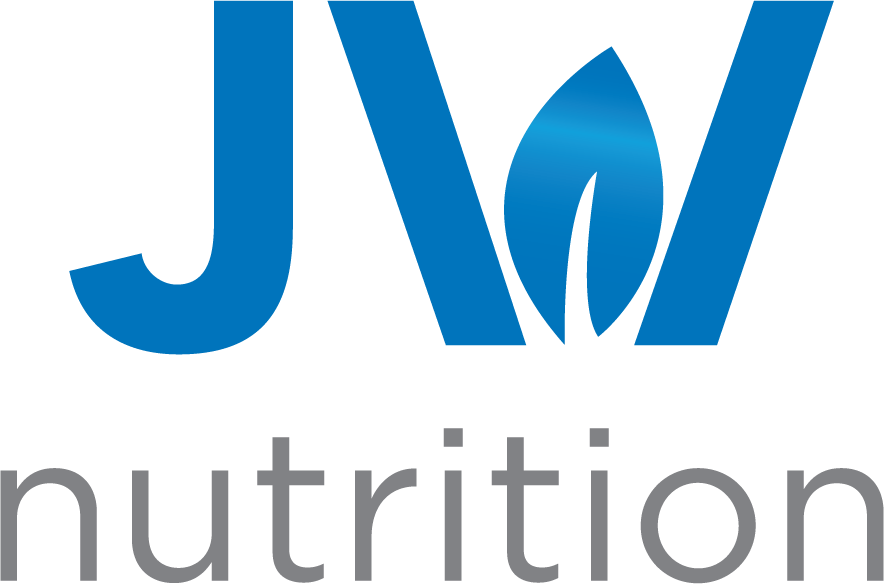Powerful Study on Cancer Prevention and Nutrition
Did you guys see the new study that estimated the preventable cancer burden related to dietary factors? Diet was responsible for 5.2% of new invasive cancer cases reported in 2015! When you add in the cancer rates associated with alcohol (4-6%), excess body weight (7-8%) and physical inactivity (2-3 %) you can see that there is a lot of reason to prioritize self-care as part of your cancer prevention strategy.
This is all very exciting for me because preventing disease through adopting a healthy lifestyle is what I talk about day in and day out with my patients! Let’s face it, fear of deteriorating health is motivating to a lot of people to try to change their lifestyle and get healthy, and when you are trying to make changes that go against the common culture of the people around you, a little fear of what might happen if you don’t make the change is very motivating. I know that after I read studies like this, I pay extra attention to my diet and exercise choices. It’s not the little choices in and of themselves, but the accumulation of these lifestyle choices that has a big positive impact on your health status.
Back to the study…. The study dug into dietary details enough to see that the following dietary choices made the biggest difference in cancer risk:
Increased risk of cancer from low intake of whole grains, dairy, fruits, and vegetables.
Increased risk of cancer from high intake of sugar-sweetened beverages, red meat, and processed meat.
A few surprises that raise questions for me:
The study found that dairy intake is protective against cancer. I am curious to know more details about what type of dairy (milk versus probiotic-rich yogurt and kefir versus ice cream) and the quality of the dairy (fat stores toxins and I imagine a grass-fed bowl of greek yogurt would have more cancer protective affects than conventionally raised milk, just due to the toxin load). I am surprised that the study noted that dairy can be protective against cancer because sensitivity to dairy is very common and is a cause of inflammation, which is known to cause many health issues itself.
The quality of the foods is a big question. I would love to see a study that compares cancer rates for people eating conventionally raised produce and animal products versus organic or pasture raised. We have nutritional analyses of the differences between the same food that is raised differently. It is clear that the amount of toxins that are consumed from produce or animal products impacts the toxic load on the body, and that a toxic body is more likely to develop cancer. In the example of red meat, not only the toxic load is relevant but also the fact the food a cow eats (corn and soy versus grass) has a dramatic impact on the ratio of Omega 6:3 fats. Corn and soy are high in Omega 6 fats and grass is high in Omega 3 fats. Diets that have a high ratio of Omega 6 fats (inflammatory) to Omega 3 fats (anti-inflammatory) perpetuate levels of inflammation that contribute to chronic disease.
A few things that were confirmed:
Fruits, vegetables, dairy, and whole grains belong in any cancer-prevention strategy.
Processed meats increase the risk of cancer - most notably colon cancer.
There are other modifiable lifestyle risk factors that were not listed in this study, such as smoking and sleep - it would be great to see those details as well. I feel confident that they would support our current understanding of the importance of these pillars of health, but it’s good to remain open to what research continues to support in terms of lifestyle modification for disease prevention, including the prevention of cancer.
This study was funded by a grant from NIH to identify policy changes on the national level that support cost-effective solutions to cancer prevention. I would love to see this translate into a world where it was cheaper to buy vegetables than processed food but I won’t hold my breath. That one change alone - making vegetables more affordable and therefore more readily available - would have a huge impact on chronic disease rates across the nation.
Here’s a great summer salad that will help you increase your fruit and vegetable intake while protecting yourself again cancer:
Purple Cabbage Salad
1 small head of purple cabbage, thinly shredded
1 medium red onion, diced
2 garlic cloves, minced
1/2 cup sunflower seeds
1/2 cup dried fruit (sulfate and sugar-free!)
4 ounces feta cheese
1/2 cup parmesan cheese, grated
Mix the above together and dress with 1/3 cup olive oil, 2 tbsp balsamic vinegar, and 1-2 Tbsp fresh herbs (rosemary, parsley, thyme)
Let sit 1-2 hours before enjoying!
Reference:
Zhang, F. F., Cudhea, F., Shan Z., Michaud, D., Imamura, F., Eom, H., Ruan, M., Rehm, C. D., Liu, J., Du, M., Kim, D., Lizewski, L., Wilde, P., & Mozaffarian, D. Preventable cancer burden associated with dietary intake in the United States. JNCI Cancer Spectrum, 2019 DOI: 10.1093/jnci/djz079
